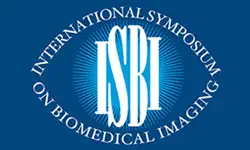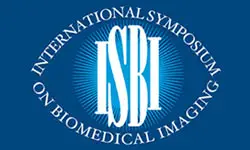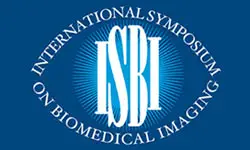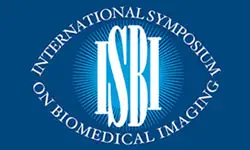-
Members: FreeSPS
IEEE Members: $11.00
Non-members: $15.00Length: 00:00:51
21 Apr 2023
High-resolution Magnetic Resonance Imaging (MRI) volume reconstruction from multiple arbitrary orientation motion-corrupted 2D slices is crucial for fetal brain MRI studies. Currently, most existing methods follow two-step approaches that iteratively perform slice to volume registration (SVR) and super-resolution reconstruction (SRR). However, the 3D volume reconstruction is often corrupted due to slice misalignment and brain anatomy blurring caused by severe motion during MR data collection, making the quantification challenging. To tackle these issues, we propose a novel learning-based self-supervised volume reconstruction technique that is immune to slice misalignment and motion artifacts. Specially, we combine a comprehensive forward model to present the complex image degradation process and an under-parameterized deep decoder structure to reduce the network overfitting with image artifacts caused by slice misalignment and motion. This methodology requires only one coarse SVR step in the whole reconstruction process and does not need any training dataset in SRR. We evaluated the performance of our technique on simulated MRI from brain atlas and on real clinical scanning fetus MR data. Experimental results demonstrated that the proposed approach achieved superior fetus brain reconstruction results compared with state-of-the-art methods.



